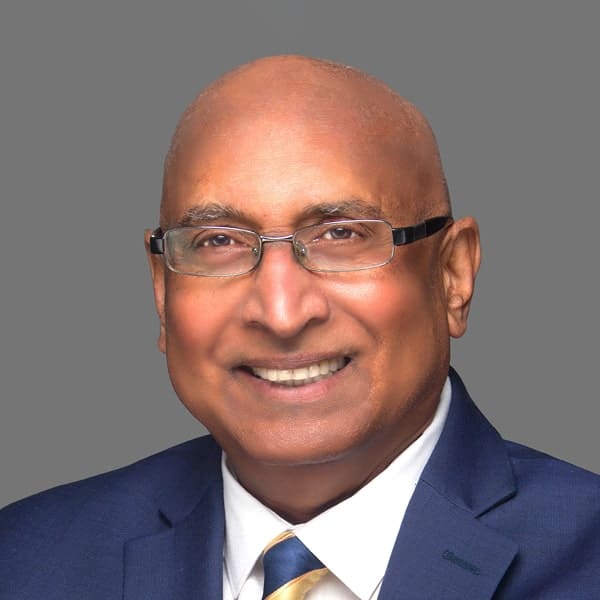By Bopanna Ballachanda
This article is a part of the November/December 2023, Volume 35, Number 6, Audiology Today issue.
It is an honor and a privilege to begin my term as the president of the American Academy of Audiology. The road to this destination was a long one; however, it is worth taking this journey. I want to thank the membership for giving me this opportunity. The chance to lead the organization comes with the responsibility to care for member needs.

President | American Academy of Audiology
The American Academy of Audiology is a young organization, celebrating 35 years now in 2023. Though it is young, it has created opportunities for all audiologists. In the words of the Nobel Prize winner Richard Thaler about debiasing the corporations:
There’s lots of talk about diversity these days. We tend to think about that in terms of things like racial diversity and gender diversity and ethnic diversity. Those things are all important. But it’s also important to have diversity in how people think.
(Javetski and Koller, 2018)
Diversity in how people think recognizes that each person’s interpretation and interaction with the world is influenced by their unique identity, culture, and personal experiences. The diversity of thought is encouraged by the Academy’s mission and vision. We have thinkers at all levels in our profession—educators, researchers, and clinicians—with a clear focus on serving our patients with hearing and balance conditions (Capital One Careers, 2023).
Patients teach us a lot, train us to think differently, and challenge us to explore avenues to help solve hearing and balance issues. They sharpen our skills by thinking deeply and differently. To highlight the concept of inclusion, we have an article in this issue by Antony Joseph, AuD, PhD, advocating for academicians to look at all spectrums of education. Diversity of thinking refers to the concept that there is more than one way to think about something.
Diversity can significantly affect an organization’s overall performance, such as improving patient care, creating teamwork among audiologists, developing a proactive approach to a diverse work force, and encouraging students from varied backgrounds to study audiology. I promise to keep inclusion and diversity in all my decisions and communications.
During this year, my focus will be on membership engagement and participation. Being a member is being part of an organization that helps shape the profession…you are pivotal in bolstering the Academy’s voice in legislative areas and evaluation for appropriate coding and reimbursement, shaping and developing evidence-based guidance for best practices, and building a diverse community of audiologists.
We know all members are not alike, and you are part of the Academy for your unique reasons—but we all are part of this community to help promote, support, and shape the profession. We encourage you to make the most of your membership by staying engaged and involved.
I like the phrase “leaders leading leaders” by finding ways to implement mentorship, growth opportunities, and sharing of knowledge of the Academy activities. Great organizations strive to build leaders from within. We need to learn to navigate a world that continues to change, and it should be our hope that our resources will help prepare next-generation leaders to create cultures that can tackle future challenges.
Again, it is an honor to be your president.
References
Capital One Careers. (2023) Why you need diversity of thought on your team. www.capitalonecareers.com/why-you-need-diversity-of-thought-on-your-team (accessed September 30, 2023).
Javetski B, Koller T. (2018) Debiasing the corporations: an interview with Nobel laureate Richard Thaler. McKinsey Quarterly (May 9). https://wilbankspartners.com/mckinsey-debiasing-the-corporation-an-inverview-with-nobel-laureate-richard-thaler (accessed September 30, 2023).


